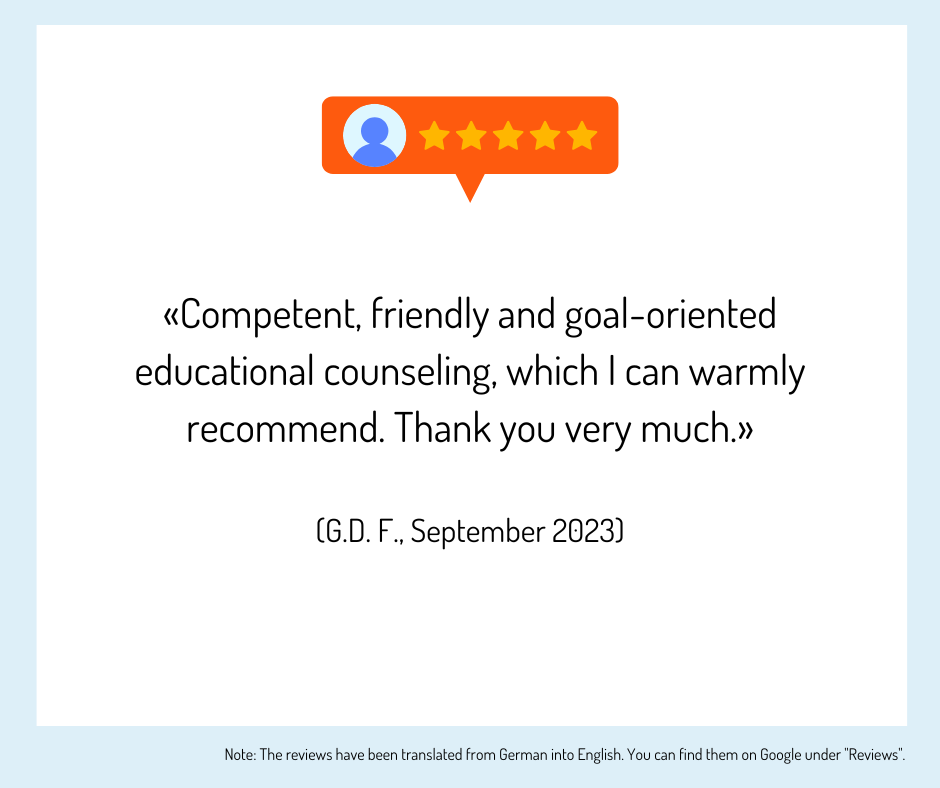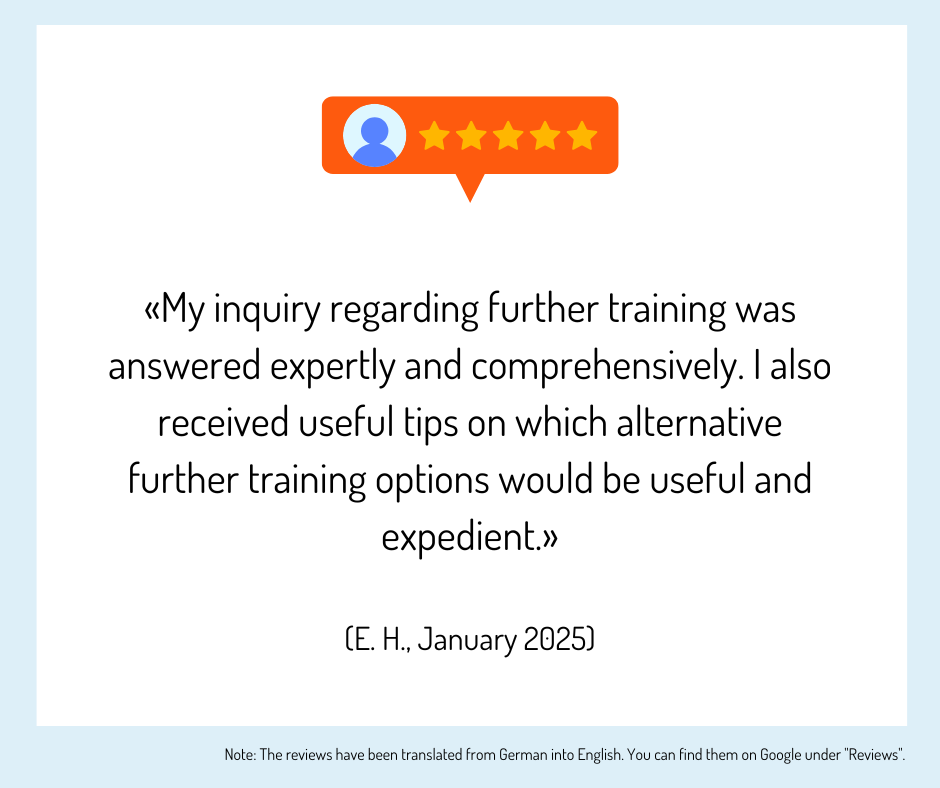Orthoptist: training, further education, information, overview of schools and offers
Orthoptist training - stand up for sick eyes
Questions and answers
How long does the orthoptics training at a College of Higher Education to become an orthoptist CHE take?
Ophthalmology training at a College of Higher Education to become an orthoptist CHE takes three years (full-time).
Do I already need a professional qualification to train as an orthoptist?
A professional qualification is not absolutely necessary for admission to the College of Higher Education for Orthoptists CHE. In addition to an apprenticeship of at least three years with a Federal VET Diploma, persons with a Matura, FMS or DMS degree can also be admitted. For all of them, passing the aptitude test is a prerequisite for admission to the CHE program in orthoptics.
What qualification do I obtain after continuing education, further training as an orthoptist?
After completing your training in orthoptics, you are entitled to use the federally recognized title "Certified Orthoptist CHE".
Where can orthoptists find employment?
Qualified orthoptists CHE work mainly for ophthalmologists in ophthalmology practices, in orthoptics departments of eye clinics, in rehabilitation clinics, neurological departments, at counseling centers for the visually impaired or at school medical services.
Is it possible to start training as an orthoptist several times a year?
It is not possible to start the CHE training course in orthoptics several times a year, but every two years at the ZAG.
What exactly does an orthoptist do?
A qualified orthoptist CHE deals with visual disorders, often in very young patients who suffer from poor eyesight or strabismus, for example. To make a diagnosis, the patient's eyes are examined on behalf of an ophthalmologist, therapies are initiated, monitored and supported, therapeutic measures are implemented and patients are sensitively informed.
Erfahrungen, Bewertungen und Meinungen zur Ausbildung / Weiterbildung
Haven't found the right training or further education yet? Benefit from educational advice now!
Further training is not only important in order to maintain or increase professional attractiveness, investing in training or further training is still the most efficient way to increase the chances of a pay rise.
The Swiss education system offers a wide range of individual training and further education opportunities - depending on your personal level of education, professional experience and educational goals.
Choosing the right educational offer is not easy for many prospective students.
Which training and further education is the right one for my path?
Our education advisory team will guide you through the "education jungle", providing specific input and relevant background information to help you choose the right offer.
Your advantages:
You will receive
- Suggestions for suitable courses, seminars or training programs based on the information you provide in the questionnaire
- An overview of the different levels and types of education
- Information about the Swiss education system
We offer our educational counseling in the following languages on request: French, Italian, English
Register now and concretize your training plans.











